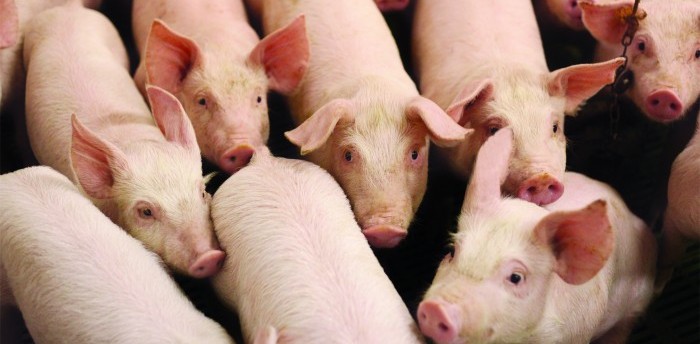The idea of an off-farm cull and render service that was going to be set up as a backstop for producers who are struggling with a backlog of pigs on-farm has been scrapped.
The service, announced by AHDB in October, was going to be based in a plant with capacity for between 2,000 and 3,000 mature pigs per week. AHDB was going to cover the £20,000 set up cost and any idle time staff costs during its operation. Producers were due to be charged per pig culled and rendered by the plant.
However, the initiative has fallen down due to legal restrictions and requirements around two separate elements of a licensed meat business and those of a knackery operating in the same building. It is understood that one of the concerns was how it could be guaranteed that animals culled at the plant would not enter the food chain.
AHDB divisional director of engagement Will Jackson said: “The off-farm cull and render option we were exploring to help mitigate the impact of the challenging situation our pork levy payers are experiencing, is unfortunately not able to proceed.
“AHDB is now exploring other potential off-farm culling options with Defra and the industry and will continue to look for solutions for our levy payers during an extremely challenging time for the sector.
“As part of a series of measures AHDB is helping to deliver alongside government and industry, AHDB identified an opportunity to work with an established abattoir to offer producers a way to dispose of unsold heavy pigs as a last resort.
“However, the legal restrictions and requirements around two separate elements of a licensed meat business and those of a knackery operating in the same building, has resulted in all parties agreeing that a successful conclusion to the approved process was unlikely.”
As part of its ongoing work to support pig producers, AHDB gave a one-month levy holiday in November 2021, to help ease the financial burden faced by levy payers.
It has also been providing independent evidence to government setting out the seriousness of the situation, Mr Jackson said its insight into the crisis helped open the door to approval for visas to 800 trained butchers and abattoir staff to alleviate the skills shortage.




